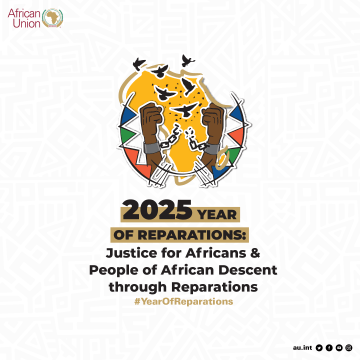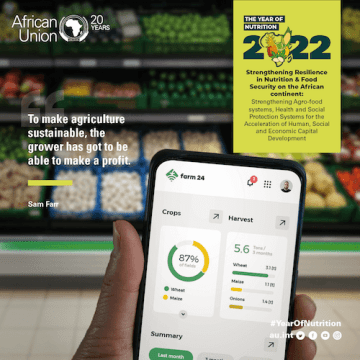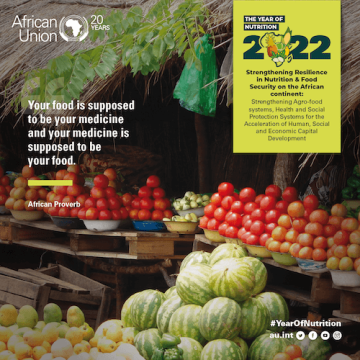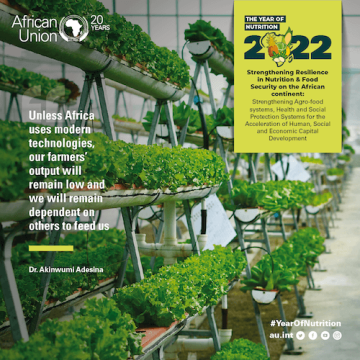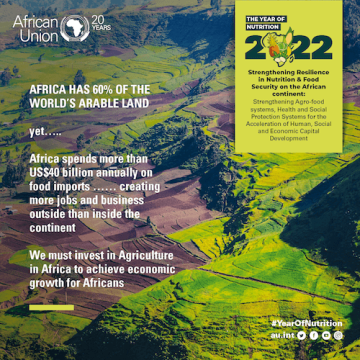Centurion – 3-4 June 2025 – The African Peer Review Mechanism (APRM) Continental Secretariat, in collaboration with the South African Institute of International Affairs (SAIIA), hosted a fruitful two-day conference themed “Engaging Civil Society in the APRM Process: Lessons from Southern Africa.” The event brought together participants from across the Southern African region, including representatives from civil society organisations (CSOs), academics, researchers, government officials, and youth representatives. The conference aimed to reflect on the progress made, share country experiences, and explore ways to deepen civil society engagement in the APRM process as an essential pillar of democratic governance and development.
The conference was officially opened by Mr. Damien Thesee, Chief of Staff, on behalf of H.E. Ambassador Marie-Antoinette Rose-Quatre, CEO of the APRM Continental Secretariat. Mr Thesee emphasised the role of the APRM as a multi-stakeholder, African-owned mechanism relying on inclusive dialogue to achieve its mission of advancing governance across Africa. He reaffirmed the critical role of civil society as active co-creators in governance spaces, highlighting that the APRM’s effectiveness is determined by the breadth and depth of voices involved in its processes.
Ms. Shanitha Govender, Director of Operations at SAIIA, welcomed the delegates and reiterated SAIIA’s commitment to strengthening civil society capacity, commending the APRM Secretariat’s dedication to meaningful collaboration. Steven Gruzd, Programme Head at SAIIA, offered a historical reflection on SAIIA’s involvement with the APRM since its early
years, noting its evolution from initial workshops to sustained national-level engagement that supports CSOs in drafting robust, evidence-based submissions.

The heart of the workshop consisted of in-depth presentations by civil society leaders from Southern African countries. Representatives from Namibia, Zambia, Zimbabwe, South Africa, Tanzania, Lesotho, Botswana, and Malawi shared their experiences and lessons learned from their respective engagements with the APRM. Discussions were then held and focused on the challenges faced, breakthroughs achieved, and policy impacts resulting from their submissions to the APRM. The South Africa Youth Submission Project, launched in 2021 during the COVID-19 pandemic, was highlighted as a leading example of inclusive governance, having successfully contributed to the country’s Second-Generation Review Report in 2022. Through the sessions, participants emphasised the importance of sustained dialogue between government and civil society, transparency, and political will as key drivers of the APRM’s effectiveness.
Further into the discussions, the APRM’s vision for 2025–2028 was showcased through a presentation by Mr. Dalmar Jama, Head of Strategic Planning, who highlighted the strategy’s core principles: professionalism, performance, and probity. He outlined the key pillars of the strategy, including ramping up resource mobilisation, strengthening institutions, and enhancing communication platforms to elevate citizen voices across the continent.
Day two of the conference opened with a powerful keynote address by Professor Migai Akech of the University of Nairobi, who tackled the pressing issue of democratic backsliding in Africa. He urged participants to consider the continent’s fragile democratic gains and the crucial role the APRM can play in safeguarding them. The dialogue deepened with comparative governance analyses presented by SAIIA researchers, focusing on Nigeria and South Africa. They illuminated shared governance hurdles within the Southern African Development Community (SADC).
Ms. Tasneem Vania of SAIIA delivered a compelling critique of civil society submissions to the APRM Continental Secretariat. Emphasising Africa’s complex historical context, she called for nuanced interpretations of democracy, greater ethical corporate leadership, climate awareness, and sustainable governance models. Mr. Kachi Okeke shared insights from multi-country reviews of civil society reports between 2019 to 2024, revealing concerns over corruption, youth unemployment, flawed economic policies, and health care gaps. He also flagged climate resilience as a critically neglected issue that needed attention.
Furthermore, Ms. Isabel from SAIIA presented peer review findings from Nigeria and South Africa, noting encouraging progress in CSO engagement, education, and institutional growth. She reaffirmed the importance of inclusive dialogue and cross-country learning as a pillar of effective governance reforms. Building on these themes of inclusion and empowerment, Dr.
Misheck Mutize presented the project for the establishment of the Africa Credit Rating Agency. He explained that relying on foreign rating agencies often leads to unfair assessments that harm Africa’s access to affordable finance. The new agency will offer fair, accurate, and locally informed credit ratings to support economic growth and financial independence, he indicated. Dr. Mutize encouraged civil society to support this important step in reclaiming Africa’s economic voice.

Closing the workshop, Ambassador Rose-Quatre thanked all participants for their contributions and reaffirmed the APRM’s commitment to partnership-based governance. She emphasised that civil society engagement should extend beyond APRM reports to influence broader initiatives, including public-private partnerships and regional development projects. Ambassador Rose-Quatre invoked the words of Thomas Sankara: “It took the madmen of yesterday for us to be able to act with extreme clarity today.” She thus called on all participants to be bold, courageous actors in the shared project of advancing Africa’s democratic governance. The APRM extended its appreciation to key partners, including SAIIA, the Government of Sweden and the Konrad Adenauer Stiftung (KAS), as well as to all civil society actors whose work continues to shape and strengthen governance outcomes across the continent. The conference concluded on a celebratory note with the cutting of a cake, marking the first anniversary of Ambassador Rose-Quatre’s impactful leadership as the CEO of the APRM Continental Secretariat.
For media inquiries or further information, please contact: APRM Continental Secretariat at info@aprm-au.org.
@APRMorg – X
www.aprm.au.int




